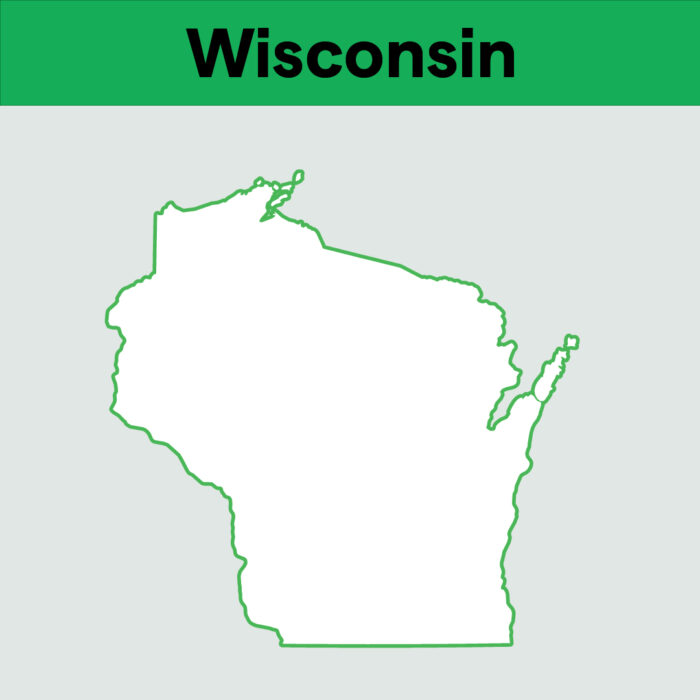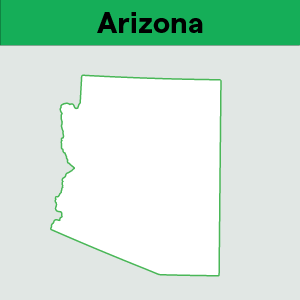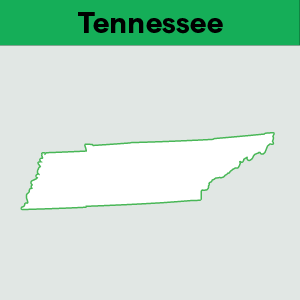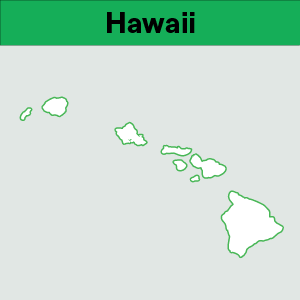Are online classes taxable?
by September 28, 2025
Selling online courses are a great way to teach skills and even make passive income. There are dozens of reasons to take an online class. It’s easier than ever now for people to learn new hobbies, or develop new skills in order to make themselves more marketable. And there are just as many ways to host an online class. As an instructor, you can meet with your class periodically, or pre-record lessons and allow your students to take the class at your own pace.
And do you know what else appears in great variety when it comes to online classes? Sales tax laws.
This article will look at when instructors are required to collect sales tax on online courses and how that varies from state to state and course to course.
Online class taxability
In the US, every state with a sales tax is allowed to create their own sales tax rules and laws. While states love setting their own priorities when it comes to what is and what is not subject to sales tax, this fragmented approach to when things like online courses are and are not taxable can be quite complicated for any educators who decide to provide online classes.
Why is it so complicated? For example, in most states, tangible personal property is taxable while services are not taxable. If you’re like most people, you’re probably thinking, “Okay, so an online class is a service and I shouldn’t have to charge sales tax, right?”
However, as more and more of our commerce moves online, many states have decided to broaden their tax base to include things like digital downloads, streaming services and yes, classes taken over the internet.
For this reason, it’s important to understand the sales tax laws regarding online classes in each state in which you or your business has sales tax nexus.
When is your online class taxable?
For the purposes of this article, we are talking about private classes and not lessons given by a university or another accredited institution.
No matter in which state, a live, instructor-led online course is generally considered non-taxable in states where services are non-taxable. But, a pre-recorded class is often considered taxable. This is because many states now tax digital products, and a pre-recorded course is considered a digital product under state law. (Visit here for a list of states that consider digital products taxable.)
While this is a general rule of thumb, this doesn’t mean that every state that taxes digital products requires you to collect sales tax when selling online courses, or that every state that does not tax digital products doesn’t require taxation of online classes. Laws change all the time, and some states are very granular when it comes to what is taxable. For this reason, we always recommend contacting a vetted sales tax expert if you have questions about when (and when not) to collect sales tax on online courses.
Taxability of online classes that include tangible personal property
You may require that your online students purchase a textbook or supplemental material. Or if you give online fitness classes, you may sell fitness apparel or equipment. If you sell products beyond your online class, be sure to take sales tax into consideration for those items, too.
In most states, tangible personal property like books or clothing is taxable. However, both clothing and textbooks are non-taxable in some states. Further, in some states the digital version of a supplemental book may not be taxable even though the hardcopy version of the book is.
Should I collect sales tax on online classes?
In the US, retailers are required to collect sales tax from buyers if they meet the following criteria:
- The product they are selling is taxable AND
- They have sales tax nexus in the state where the product will be used
For example, say you live in Arizona where services, including online classes are always taxable. Since you always have sales tax nexus in your home state, you’d be required to collect sales tax when selling your class to buyers who are also in Arizona.
However, say you also sell your pre-recorded online class to a handful of buyers in states like Wisconsin. Even though Wisconsin considers pre-recorded online classes to be taxable, if you don’t have sales tax nexus there, you are not required to collect sales tax from buyers there.
Of course, you should always keep an eye on your nexus. If you hire an employee in Wisconsin, you now have sales tax nexus there.
There’s also the matter of economic nexus. As your online education empire takes off, you may find yourself crossing a state’s economic nexus threshold. (This threshold is often $100,000 in sales to buyers in the state in a calendar year, but it varies widely from state to state. See a list of states and their economic nexus laws here.)
If you have any questions about whether or not your business has sales tax nexus or whether your nexus states require sales tax collection, we recommend contacting the state’s taxing authority or a vetted sales tax expert.
How TaxJar can help your online class stay compliant
If figuring out in which states digital products are taxable and from which customers you should collect sounds confusing, TaxJar has your back.
With the TaxJar API, all you have to do is let us know what type of product you are selling by applying the correct product tax code. From there, we’ll ensure that you collect (or don’t collect) the right amount of sales tax every time you sell your products.
Ready to automate sales tax? Learn more about TaxJar and get started.








